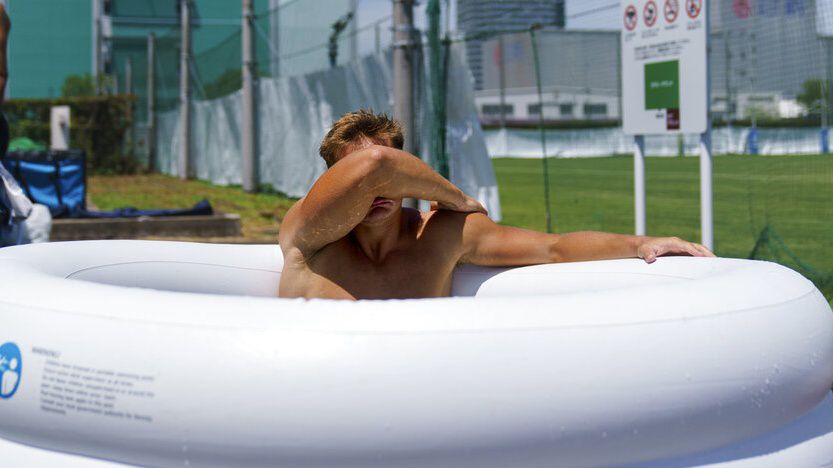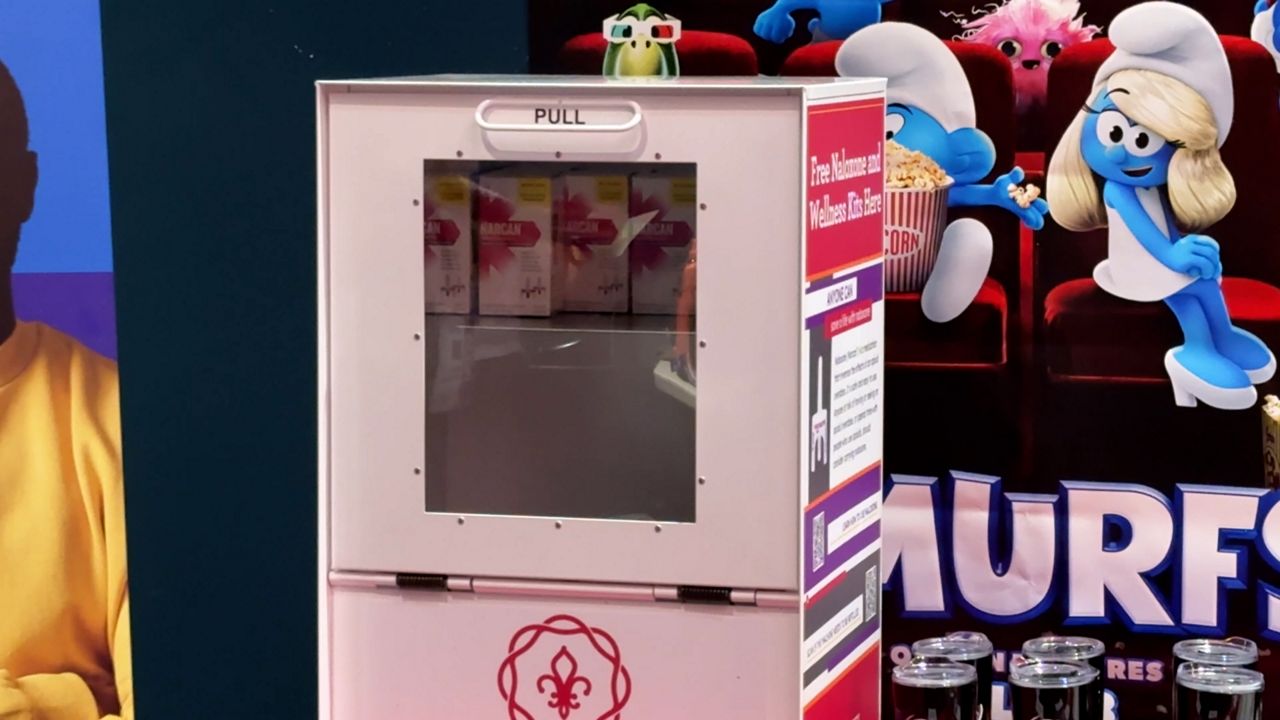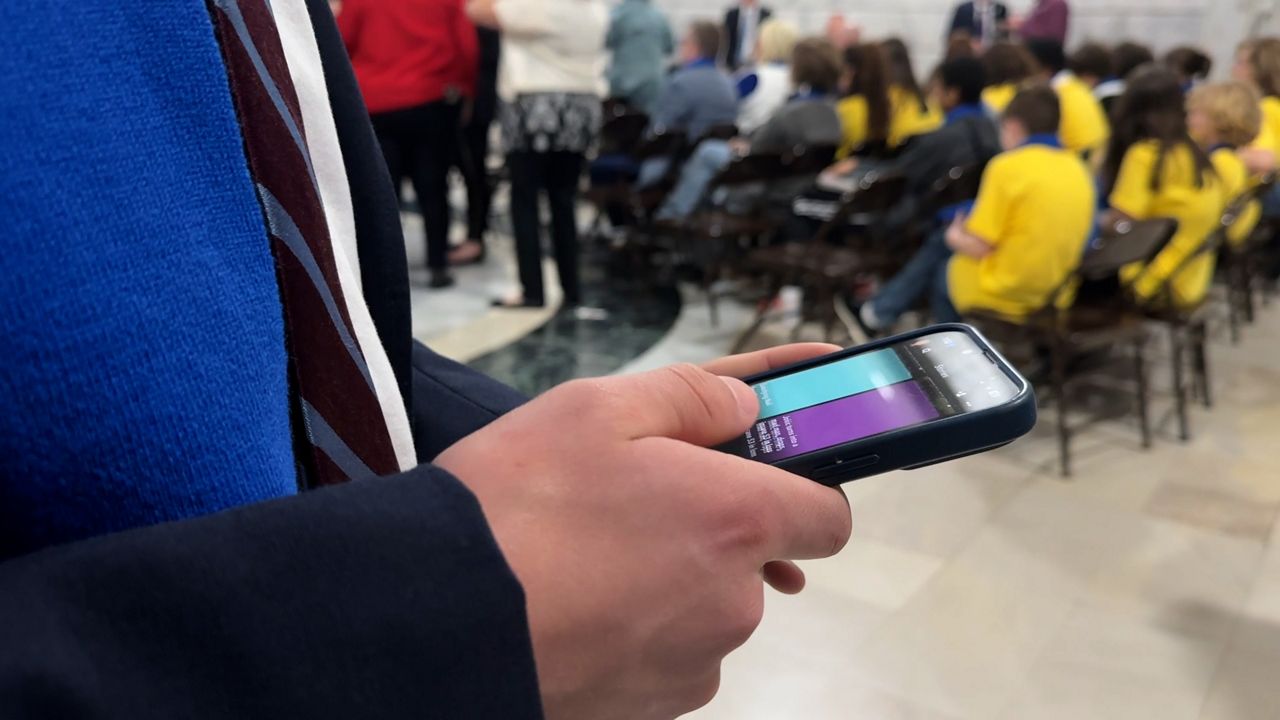ST. LOUIS — Celebrities have been posting their experiences of ice baths citing many health benefits, but one St. Louis University professor said this technique only has one proven result.
Ice baths and cold water submersions have commonly been used among athletes, however, celebs such as Kim Kardashian, Lizzo and Kristen Bell have noted other health benefits such as weight loss, reduced inflammation, and improved mood.
SLU athletic training and physical therapy professor Dr. Anthony Breitbach said ice baths are beneficial for a faster muscle recovery time after strenuous activity or workout.
He noted that cold is effective for reducing pain because it decreases nerve conduction velocity in the body and hydrostatic forces help resolve swelling or edema.
“You also have a certain level of buoyancy, so anytime you do exercise or anything in the water, regardless of the temperature, the buoyancy allows you to have a better perception of the joint forces in the body,” Breitbach said.
Research has shown when an entire limb or body is emerged in cold water, there is a decrease for a demand of oxygen, which is something the body struggles to keep up with after a workout or strenuous activity, according to Breitbach.
“Recovery from strenuous exercise requires a significant amount of oxygen to be able to generate the energy it needs to recover. If you decrease the amount of tissue demand for oxygen, your body is able to keep up with that demand,” he said.

Ice baths and cold water submersions work best for muscle soreness and recovery after strenuous activity, and not a long-term remedy for joint pain or inflammation. Breitbach noted that ice baths and cold water submersions will not help a sprain heal faster, but it can take away the pain for about 20-40 minutes after getting out of the water.
“It’s always important to realize that there are benefits, but the benefits aren’t as broad as people think they are,” Breitbach said.
An SSM Health article states small studies have shown that people who take ice baths regularly have had fewer bacterial infections, indicating ice baths can support the body’s immune response.
Additionally, cold plunging and regular ice baths may improve mood and help people adapt to stress over time as scientists think the technique can trigger a stress response that activates the nervous system, according to the article.
Best practices for ice baths and cold water submersions include water temperatures ranging between 50-55 degrees and to soak for about 15-20 minutes, according to Breitbach.
People with cold sensitivity and certain health conditions such as high blood pressure, circulatory problems, among others, should not do ice baths and cold water submersions.
The SSM Health article also notes that being in cold water for too long increases the risk for hypothermia, so keeping track of time and noticing changes in the body are important.
“The mind is a very, very powerful tool,” Breitbach said. “If they feel it works, they’re justified.”









